Would you cross the world for a three-minute solar eclipse?
Queensland psychologist and author Kate Russo has travelled to 11 countries in pursuit of her astronomical obsession.
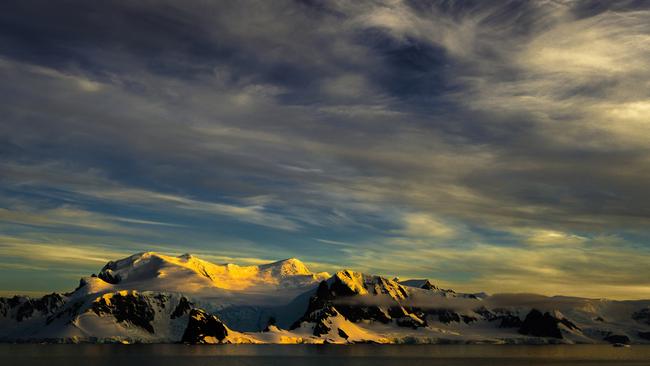
Queensland psychologist, author and eclipse-chaser Kate Russo has seen 13 total solar eclipses in 11 countries in six continents – a total of 27 minutes and 52 seconds of her life spent standing in the full shadow of the moon. Eclipse-chasers keep a log of such things. Her first book, Total Addiction, examines the hobby (or compulsion) of eclipse-chasing. “The shadow sweeps in and you get this chill – it’s just amazing,” she says.
Since 2017 she’s been on the American Solar Eclipse Taskforce, helping communities in the path of totality prepare for the solar eclipse in April next year. It’s set to be the biggest astro-tourism event the world has seen. Her astronomical passion has taken Russo to places she never imagined she’d visit, becoming immersed in local communities that suddenly find themselves the focus of the world’s attention. “Travel was my first love, and an eclipse gives meaning to your travel, because you go with a purpose and you share something truly profound with the people around you.”
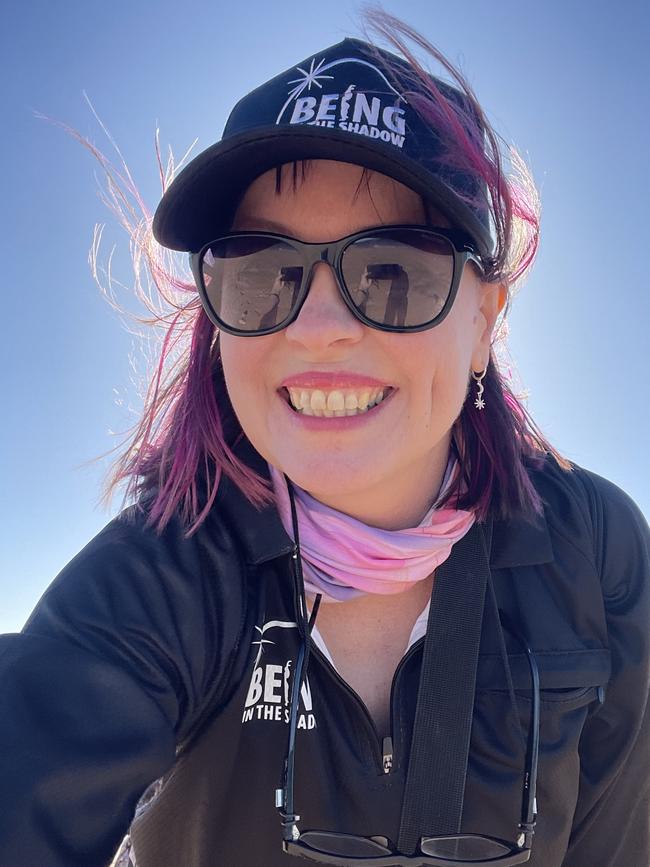
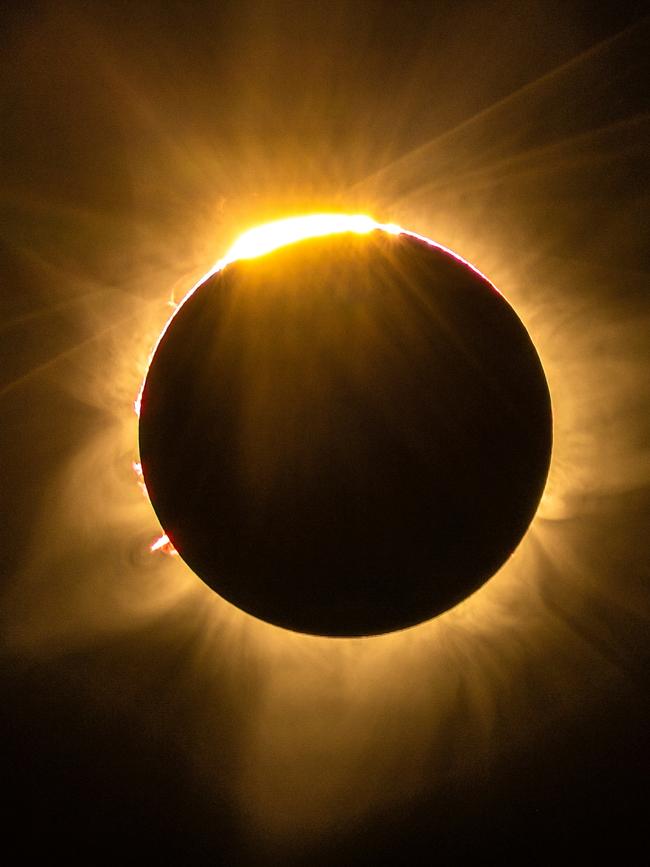
The moment I knew I was hooked
It starts off as a bucket-list item, something you think you only need to see once. But then you see an eclipse and it’s so powerful and so short that there’s not enough time to take it all in, so you have to see it again. Then you see it again, and it’s completely different but just as powerful, so you have to see it again … and again.
The thing that surprised me most about seeing an eclipse
There’s something profound about how the eclipse changes the environment around you, and then how you change in response to that. It changes the way you think about the world and your place in it.
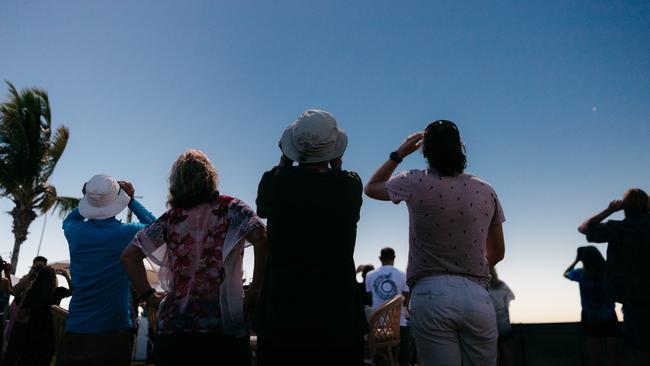
Last total solar eclipse I saw
I was in Western Australia for the total solar eclipse in April this year. We flew on helicopters to Bessieres Island, off the Pilbara Coast. The sky was completely blue and we had a 360-degree view of the horizon from the tip of the island. The whole sky darkened as it approached. During the eclipse you could see the chromosphere of the sun projecting out, and this incredible flaring around the edge of the moon. It was only 59 seconds, but time stood still.
How I choose an eclipse tour operator
Finding a specialist eclipse tour operator is paramount, one that’s guided by experts and who will stop at nothing to make the impossible happen. Eclipse locations are often away from tourism infrastructure and remote, so you can’t have everything five star. But an experienced tour operator will be good at seeking out local angles and curating a unique experience. Travel Quest International, Astro Trails and Dark Sky Traveller all have good reputations and repeat customers.
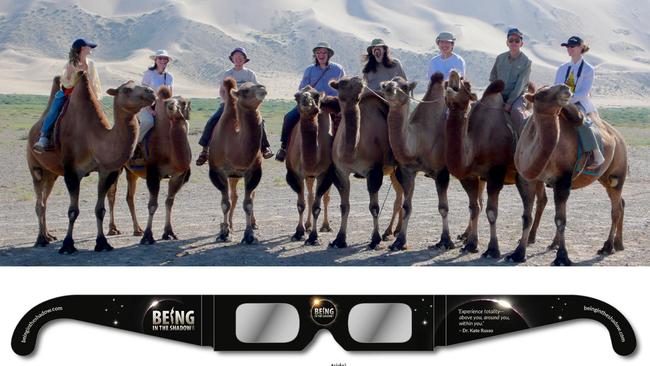
The equipment I always take
Solar eclipse glasses for viewing the partial phases are essential. I recommend a brand called Rainbow Symphony (pictured). A lot of people think you need to wear the glasses for the whole eclipse, but you only need them in the partial phases. You can take them off during totality, because the sun is completely obscured. Standard sun protection is also a must, as you’re exposed for several hours. I always cover up with a hat, sunscreen and sun-protective clothing.
The strangest way I’ve travelled to an event
Eclipse-chasing takes you to random and remote regions, so you use any means necessary to get there. I’ve travelled by camel, pirogue (dugout canoe), unimog (off-road troop carrier) and helicopter. I’ve also stayed in some unusual places, such as a ger (yurt) in Mongolia , been hosted by families on remote islands, camped on the beach in Madagascar, and slept under the stars in the Tunisian desert on a Persian rug.
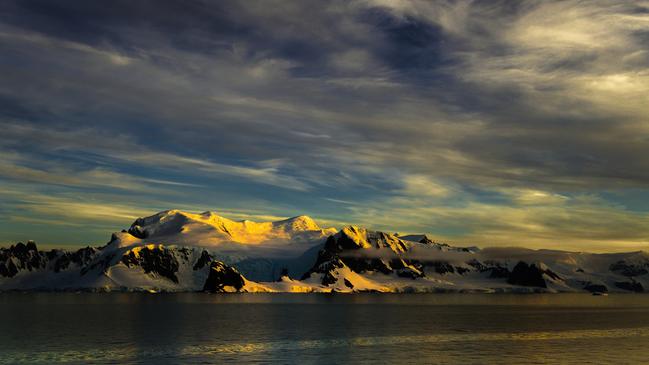
The place I’m dying to see an eclipse
Antarctica is the only continent that’s eluded me. My first chance was in 2003, but it was beyond my financial reach. The next opportunity was 2021, but the pandemic made it impossible. There’s a chance to see an annular eclipse (a so-called “ring of fire” solar eclipse) in 2026. But I’m really holding out for Antarctica’s next total eclipse in 2039. I’ll be a sprightly 67.

My most memorable cultural experience
In 2015 I was in the Faroe Islands in the northeast Atlantic Ocean, leading an eclipse tour in a small village community. The day of the eclipse was clouded out, so we didn’t see it. But that night our group took part in a traditional chain dance with thousands of locals. The rhythmic drum beat and haunting singing felt primal as we linked arms and moved as one. It was every bit as powerful as the eclipse would have been.
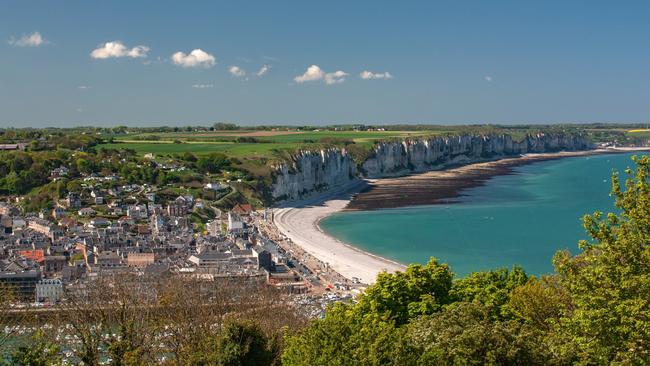
An eclipse I wish I could see again
You never forget your first eclipse. Mine was at Fecamp, in northern France. There was too much to take in. It was eerily beautiful, all-encompassing and euphoric. The emotional impact of the moon’s shadow rushing caught me off guard. Everything about the world appeared different: the light was wrong; the darkness was wrong. I couldn’t comprehend what was happening.
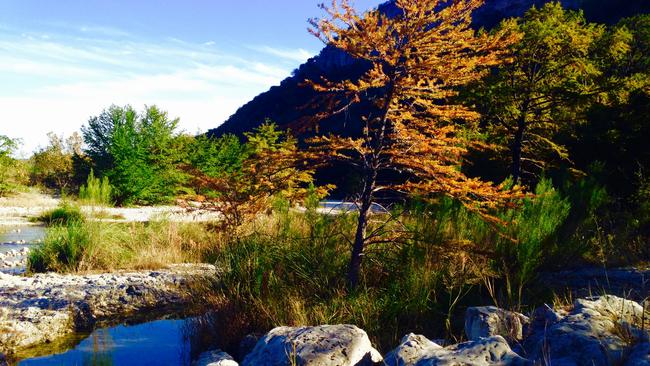
Where I’ll be for the next one
On April 8, 2024 the path of totality crosses the North American continent from Mexico to Canada. I’ll likely be watching it from Uvalde County in Texas. It’s coincidentally within an eclipse crossroads, experiencing two solar eclipses six months apart.

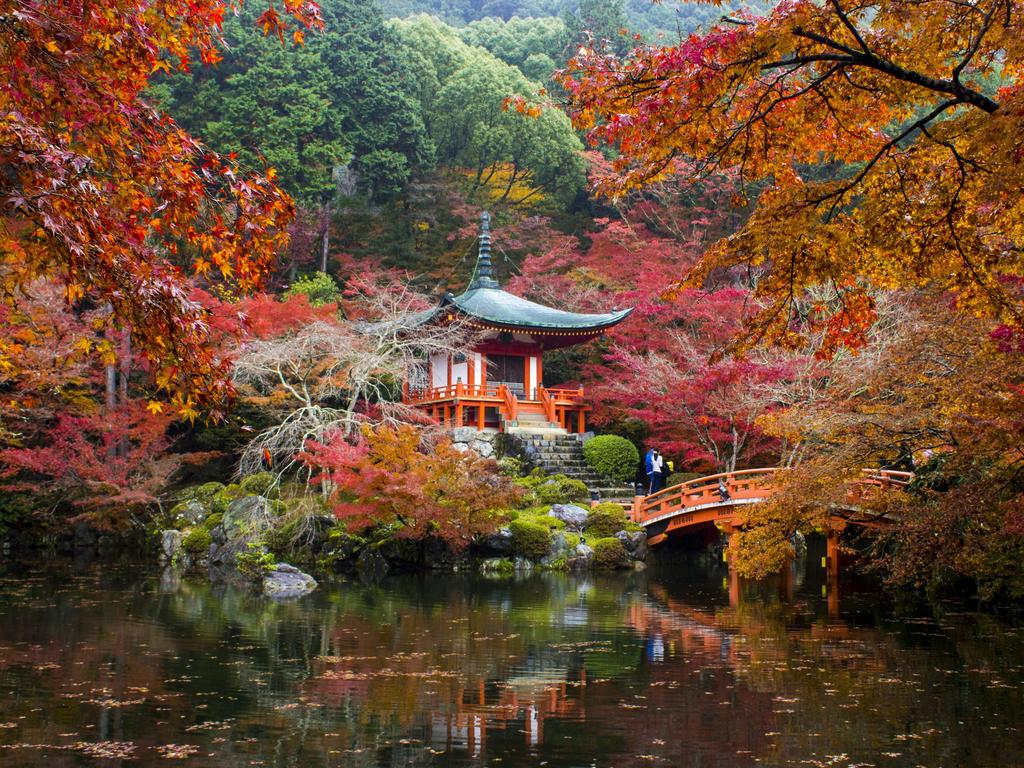
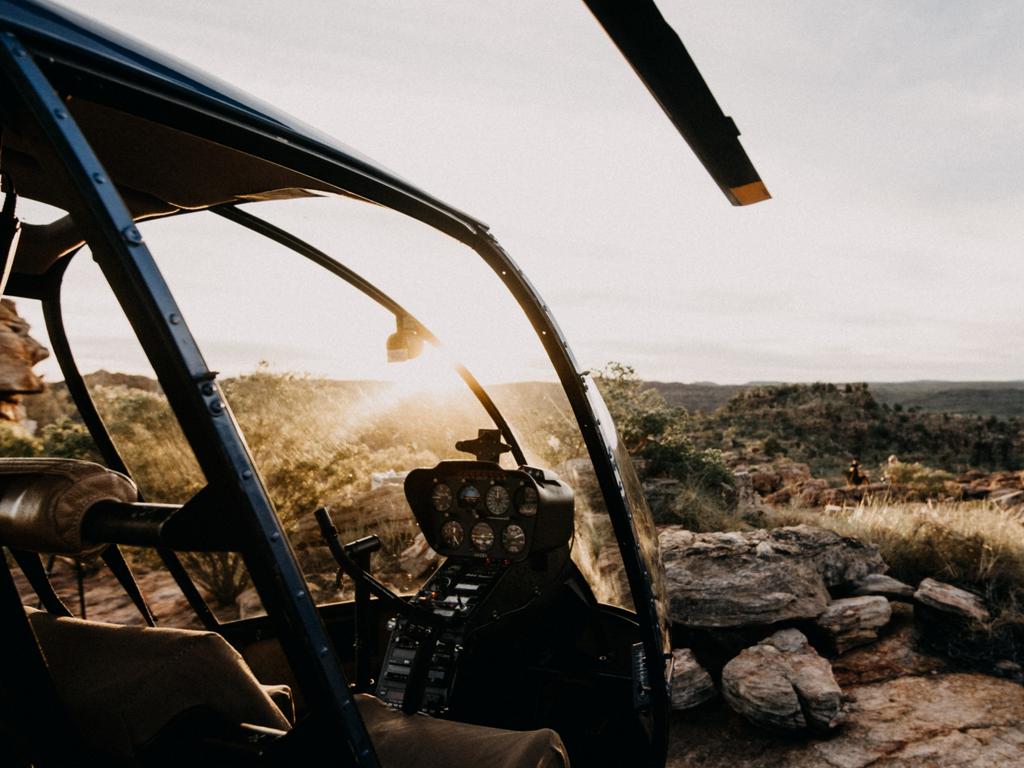
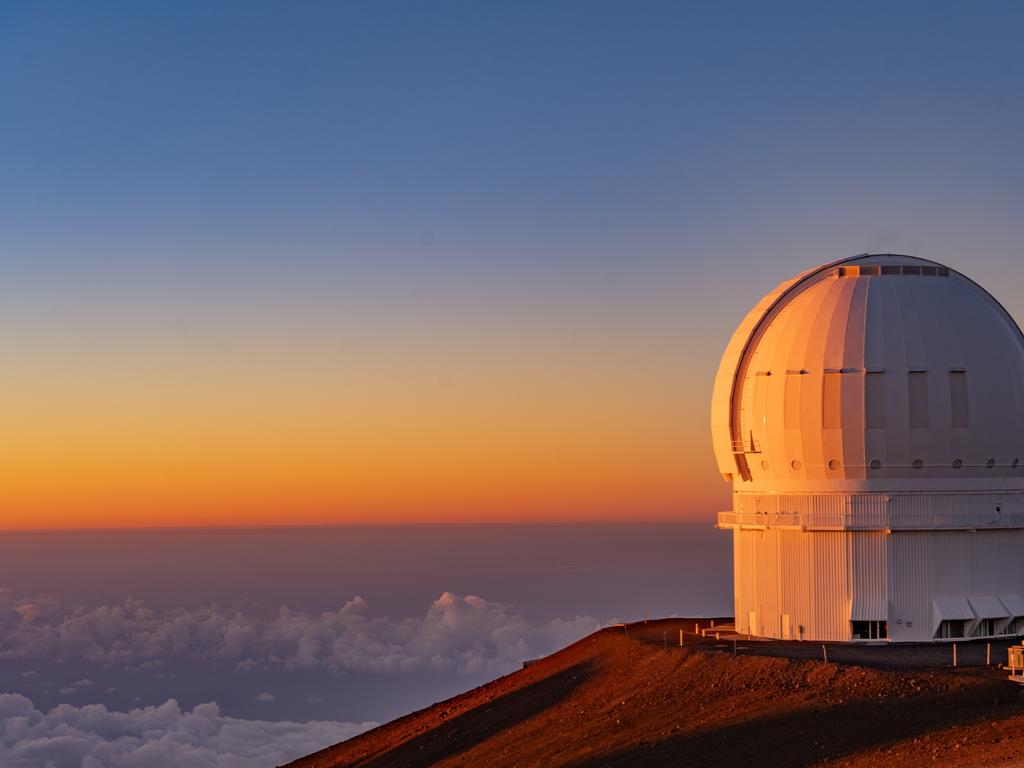

To join the conversation, please log in. Don't have an account? Register
Join the conversation, you are commenting as Logout